Biophysicists Uncover Powerful Symmetries in Living Tissue
After identifying interlocking symmetries in mammalian cells, scientists describe some tissues as liquid crystals. That lays the groundwork for a fluid-dynamic ..
After identifying interlocking symmetries in mammalian cells, scientists describe some tissues as liquid crystals. That lays the groundwork for a fluid-dynamic ..
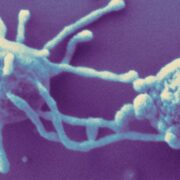
As researchers race to cultivate these intriguing cells from the deep seafloor, the few growing in labs are our best glimpses of the forerunners of complex ..
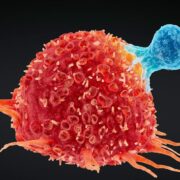
Scientists kept the rodents’ immune T cells active four times longer than mice can live—with huge implications for cancer, vaccination, and aging research. ..
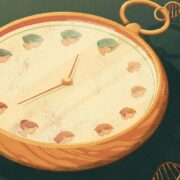
A statistical analysis of chemical tags on DNA may help unify disparate theories of aging. ..

A new system for keeping body tissues functional after death could help make more organs available for transplant. ..
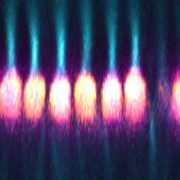
Mitochondrial bundles in the retina may improve how efficiently your eye captures light. ..
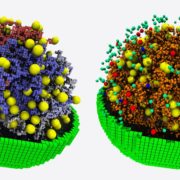
A 3D digital model of a “minimal cell” leads scientists closer to understanding the barest requirements for life. ..

A mathematical model shows how a thermodynamic mechanism could have made protocells split in two. ..
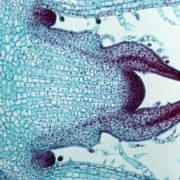
The discovery could have a profound effect on cell research for many species of plants and animals, as well as the future of crops. ..
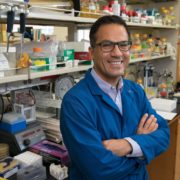
New work shows that the proteins, long treated as boring spools for DNA, are key to the origin story for eukaryotes and still play important roles in disease. ..